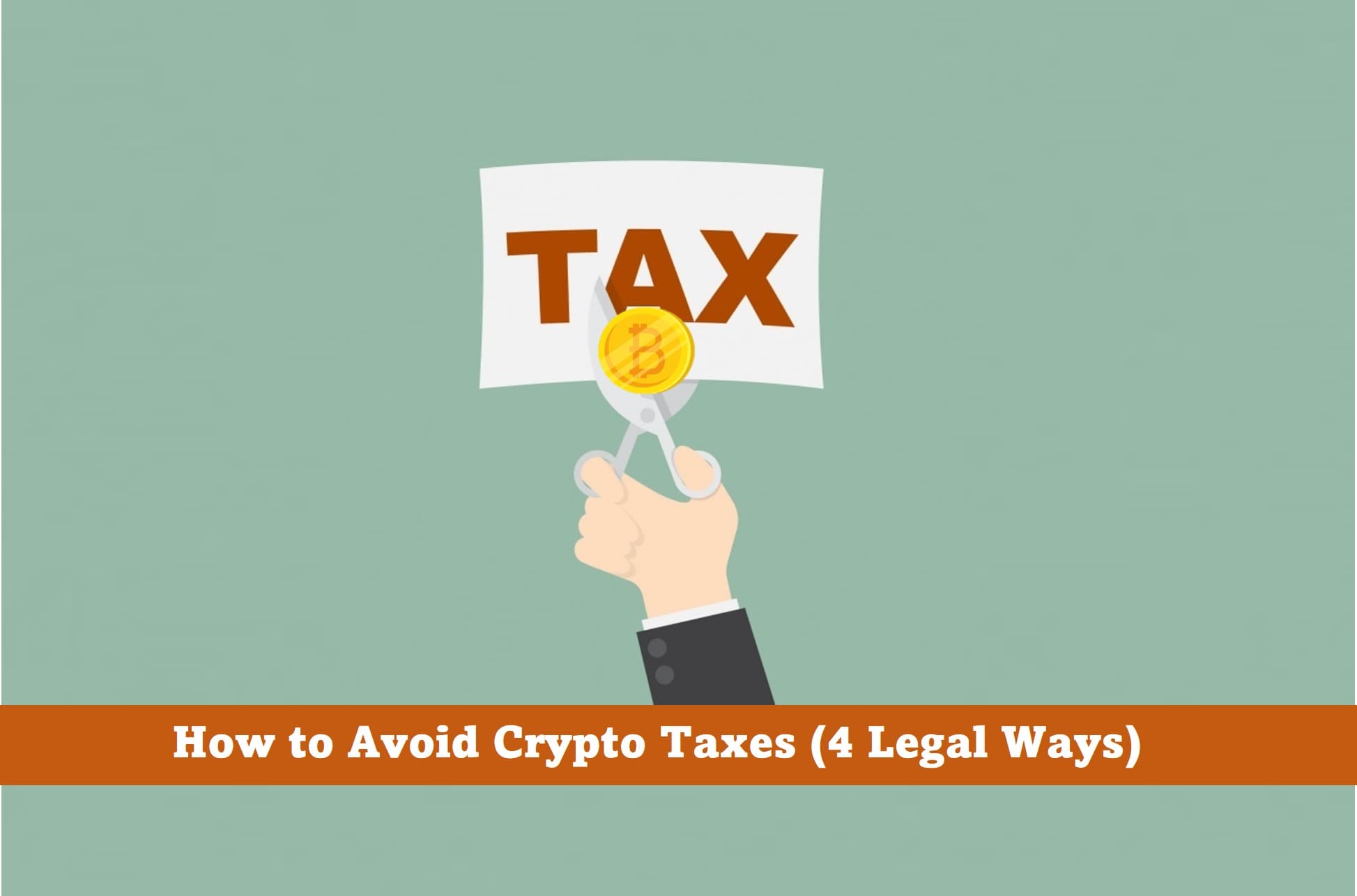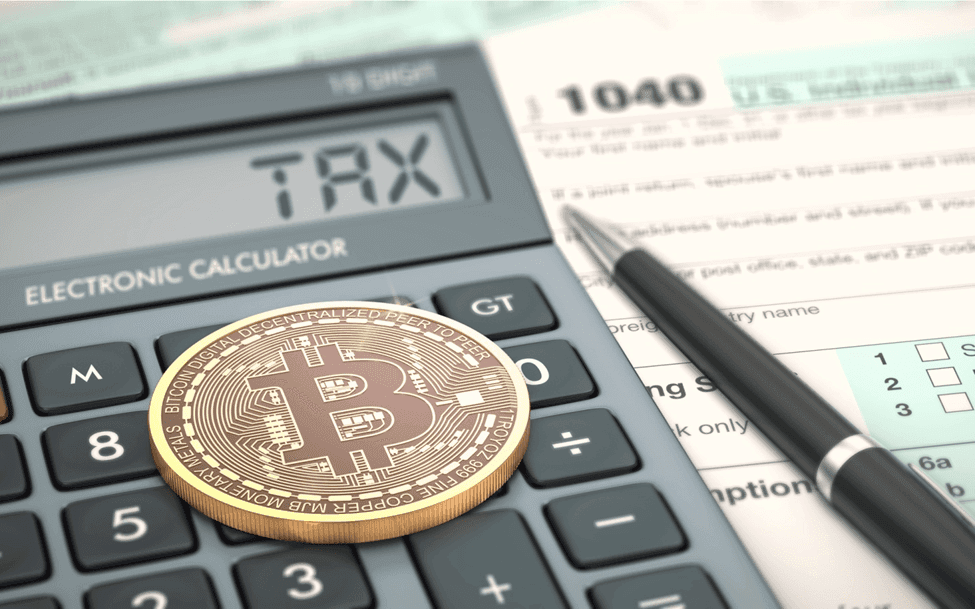
Crypto Taxes in Your Jurisdition
Investing in Cryptocurrencies, for some time now, has been known to be a highly rewarding investment. However, a major challenge faced by investors is the possibility of having to pay taxes on their crypto earnings.
Since the debut of Bitcoin in 2009, cryptocurrency can still be regarded as a relatively new asset class that has been generated enormous wealth for early investors. However, once wealth is generated, it is almost certain that it will be taxed in some form.
But paying taxes on crypto is kind of complicated in some jurisdictions, another issue is knowing how to compute your crypto taxes correctly.
In this article, I’ll highlight ways to avoid or reduce your crypto tax liabilities if you are in a jurisdiction that requires that your crypto earnings be taxed.

Key Takeaways
• To avoid trouble with the IRS or tax collecting authority in your region, find out what the tax law is regarding crypto trading.
• In regions or jurisdictions where crypto trading or investing is illegal, you obviously cannot pay taxes in such regions.
• Retirement accounts have tax privileges and are sometimes tax-free which also permits you to hold cryptos in them.
• ITrustCapital is one financial service firm situated in the US that enable investors eliminate crypto taxes by just a 1% transaction charge,
SEE ALSO: How Does Crypto Taxes Work (All You Need to Know)
SEE ALSO: 16 Countries where Bitcoin is Illegal to Trade or Mine
Fortunately, there are ways in which crypto investors can avoid taxes on their crypto earnings.
Based on the current taxation of cryptocurrency, here are a few ways you might be able to reduce or avoid paying crypto taxes:
1. You Can Purchase Crypto Using an IRA
An IRA is a tax-advantaged individual retirement account in which individuals can save and invest for the long term.
You can invest in cryptocurrencies tax-free by acquiring them through a self-directed IRA. Most IRAs enable you to invest in traditional investments such as stocks, mutual funds, and exchange-traded funds (ETFs).
For example, ITrustCapital is a US financial service company and also IRS compliant where millions of Americans invest in cryptocurrency and physical gold.
With IRS targeting cryptocurrency investors, ITrustCapital simplifies the process by eliminating the tax burden for its users with a 1% transaction charge compared to other IRAs charging up to 15% for a single transaction.
Self-directed IRAs are unique IRAs that allow you to invest in non-traditional assets such as crypto, precious metals, and real estate.
To begin, locate a self-directed IRA that allows you to invest in your preferred cryptocurrency. Also, before proceeding, ensure that you understand how to purchase crypto in the self-directed IRA of your choice.
Your tax benefits may vary based on your financial position and the sort of IRA you open and contribute to once you have established an account.
Traditional IRAs may allow you to make tax-deductible contributions, but withdrawals in retirement will be subject to regular income taxes.
Both IRAs require you to contribute after-tax earnings to the account but allow you to take cash tax-free in retirement if you fulfill the conditions.
SEE ALSO: What Are Bitcoin ETFs and Its Impact In The Crypto Space
2. Keep Your Crypto for Extended Periods
Ideally, one would not owe taxes on cryptocurrencies until you sell them if you are holding them as an investment and they are not making any revenue. You can avoid taxes by not selling any portion of your holdings within a particular tax year.
However, you may choose to sell your crypto at some point. Ensure the crypto you sell has been in your portfolio for an extended period (maybe more than a year), this may not reduce the tax burden at the time of sale but it perhaps has delayed or extended your liability to another financial year or period as the case may be.
If this is the case, your crypto sale will be eligible for lower long-term capital gains tax rates. This might result in a large reduction in your tax burden.
3. You Can Cancel Out Crypto Gains With Losses
When you sell an investment, you either make a profit or a loss. Which you realize is determined by the amount you sold the item for and its cost basis.
The good news about avoiding crypto taxes is that capital gains or losses can be used to offset liabilities as the case may be. Tax-loss harvesting is the deliberate exploitation of this to your benefit.
Technically, similar types of profits and losses net-off. Short-term profits would offset short-term losses, and long-term tax items would do the same. Then, any ensuing net loss might be adjusted against a net gain of the other type.
SEE ALSO: 7 Cryptocurrencies that Will Make You a Millionaire in 2021
4 . Sell Your Crypto Assets in a Low-Income Year
Whether you have short-term or long-term capital gains, the tax rate you pay is determined by your income. The lower your taxable income, the lower your tax rate.
You might save money on taxes by selling cryptocurrencies that you know will gain value in years when you will pay taxes at a reduced rate.
Some of your income may be taxed at a higher rate as a result of selling cryptocurrencies, but this does not place all of your income in a higher tax category, as many individuals assume.
SEE ALSO: 7 Reasons Why Investors Lose Money in Cryptocurrency Investing
Final Thoughts
Finding ways to avoid paying crypto taxes should not be complicated. Though crypto investors are skeptical if they are to pay or not.
Before nursing the thoughts of avoiding taxes on crypto or any other investment, first review what the tax laws say in your jurisdiction.
Read More




